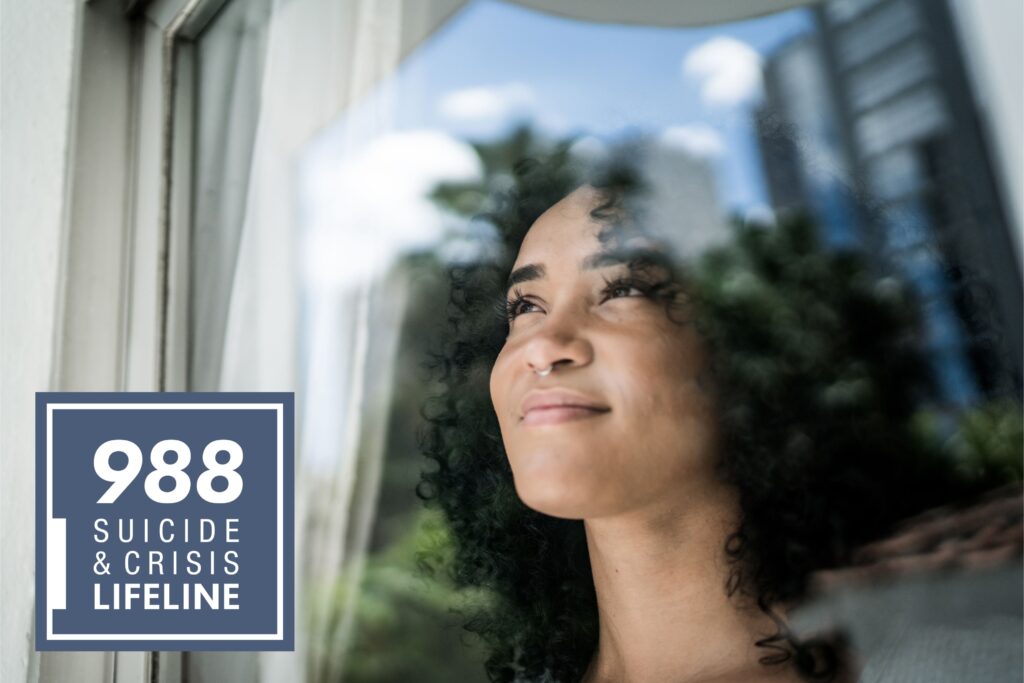Finding Hope Wellness Center exists to help people and communities discover resilience, healing, and hope on their mental health journey. We provide safe and confidential resources to individuals and communities offering accessible, trauma-informed, holistic care. We intend to reduce the stigma of mental health so that, through community, people find hope and healing.
Your bridge to hope and healing
We’re here for your wellness journey.
We help you navigate the mental health care system by connecting individuals to licensed professionals.
Finding Hope also offers educational opportunities, such as support groups, training, trauma-informed care, and Mental Health Readiness training for faith communities.
What We Do
Finding Hope promotes community-wide well-being through holistic mental health programs that support people of all ages. We believe wellness includes the emotional, spiritual, physical, and mental parts of life.
We create and lead evidence-informed strategies, programs, and partnerships that make mental health support more accessible.
Our founder, Danielle Lair—Board-Certified Mental Health Coach and Life Coach—bridges the gap between individuals in crisis and the resources they need. She walks alongside people, connecting them with trusted professionals and tools for healing.
Beyond direct support, Finding Hope equips the community and faith organizations with training and education to better respond to mental health needs.
“The services are much needed in our community and will help address the challenging issues facing our youth and families. I applaud [Finding Hope] for taking this step.”
Lakeway Mayor Thomas KilgoreVice President of Engage and Heal Foundation
The demand is great
Meeting the Need
According to the National Alliance on Mental Illness (NAMI), in the United States, 1 out of 5 adults (48 million) experience mental illness in a given year. Of those people, almost 60% won’t receive any treatment. Lack of treatment can lead to horrific outcomes. For example, in 2022, over 48,000 died by suicide in the United States.
These deaths could be prevented through proper care. The barriers to accessing care are three-fold:
- Availability – It takes months to see a psychiatrist.
- Affordability – Mental health treatment is expensive and often not covered by insurance.
- Acceptability – There is still a heavy stigma around mental health challenges.
While the national statistics are already overwhelming, the situation is even bleaker when we narrow in on the state of Texas. A 2023 study conducted by Forbes ranked Texas as the worst state for mental health care in the U.S. due to high percentages of uninsured individuals with a mental illness. Since people cannot access mental health care through insurance, they will often look for other sources of support.
Finding Hope serves as a bridge between people in a mental health crisis and the mental healthcare system.
Get Involved
Finding Hope Wellness Center Programs
Finding Hope offers three areas of support:
1. Mental Health Crisis Support
2. Community Support
3. Mental Health Readiness Training
Located in central Texas
Who We Serve
Finding Hope serves individuals and families in Lakeway, Bee Cave, and the greater Austin area who are healing from trauma or facing a mental health crisis. We provide a safe, welcoming space where people can find belonging and support on their journey to healing.
Through community groups, wellness classes (such as Pilates, mindfulness, exercise, and mental health awareness), and stigma-reducing programs, we help people build resilience and restore hope.
Our care is open to all—regardless of race, color, gender, age, national origin, religious beliefs, disability, or sexual orientation and identity.
”I was so stressed trying to find a new therapist, but Danielle made it ridiculously easy. She got my info, sent me resources that same night, and through her I found a drop-in group that’s been so helpful! But what really stuck with me? She kept checking in—like, actually making sure I found a counselor who's a good fit and that everything was going okay. Finding Hope is literally a lifesaver for anyone trying to figure out the whole mental health thing!
Rileyclient

